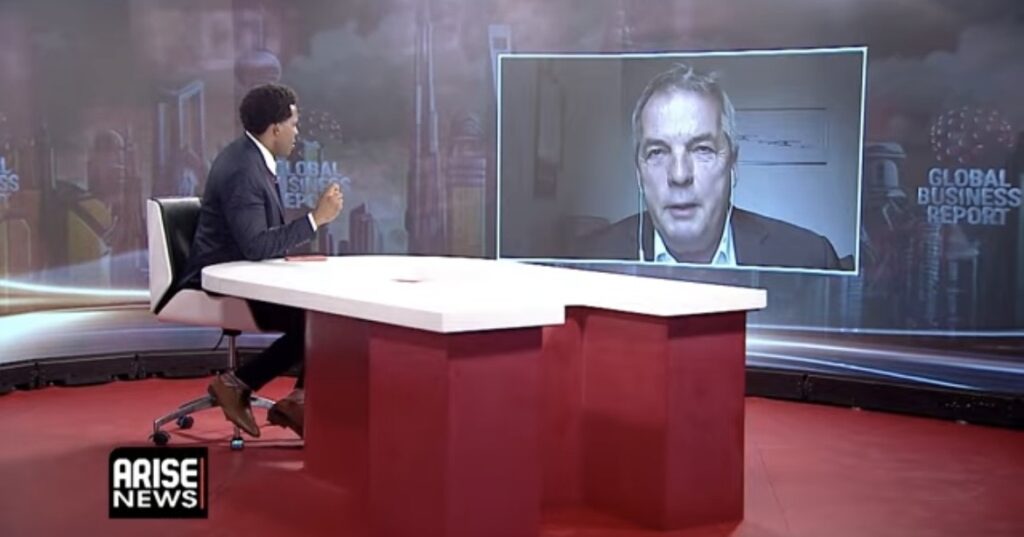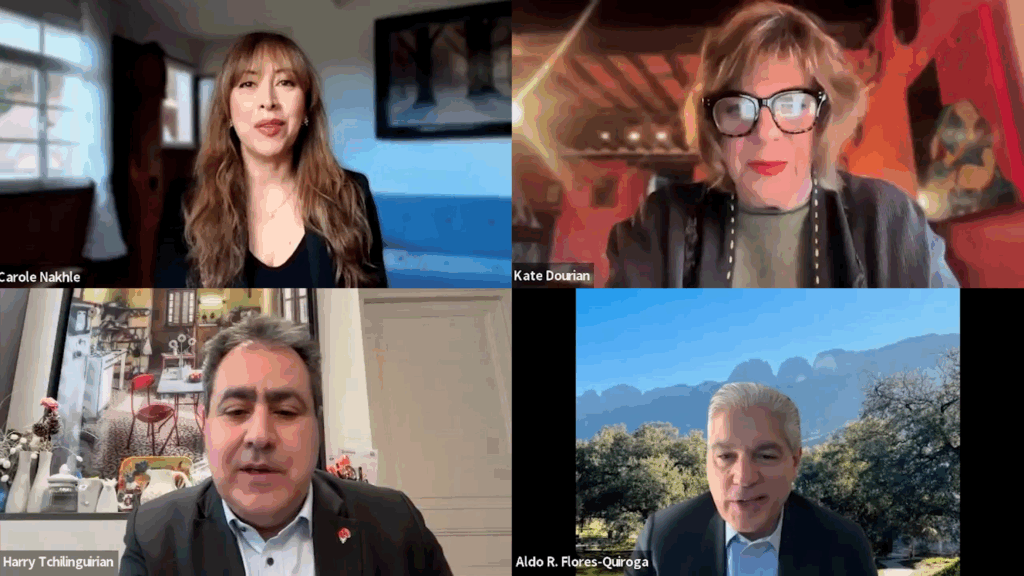In her interview with Kate Ferguson from DW Business, Dr Carole Nakhle, CEO of Crystol Energy, assessed the oil market outlook against a backdrop of geopolitical headlines, sanctions pressure and diverging demand trends. While conflicts and sanctions continue to dominate political discourse, market fundamentals point elsewhere: supply is expanding faster than demand — and that dynamic is exerting steady downward pressure on prices, regardless of the geopolitical noise.

Key takeaways:
Analysts (excluding OPEC+) expect a surplus in 2025, because supply growth is running faster than demand.
Prices holding in the mid-$60s range, despite multiple geopolitical flashpoints, suggest the market is comfortably supplied.
Seasonal summer demand allowed OPEC+ to unwind some voluntary cuts, but that seasonal lift has faded, leading to a more cautious approach.
If OPEC+ were to release additional barrels more aggressively, prices would risk collapsing, which explains the slower pace of unwinding barrels in the market.
Sanctions on Russia add friction and cost, but Russian barrels still reach the market through alternative routes, grey fleets and opaque trading.
Targeting India with punitive measures may reduce the volume of discounted Russian flows, but is unlikely to stop them completely as the economics of Russian oil remain attractive.
Global oil demand is still growing, yet the pace of growth is decelerating, which matters more for prices than the absolute volumes alone.
Producers will face sharper competition in a slower-growth world, as they fight to protect their market share that is expanding more modestly.
Those with low production costs and low carbon intensity, such as Middle Eastern OPEC producers, will emerge as the long-term winners, as both economics and sustainability criteria converge.
Qatar’s pushback against EU environmental rules for its LNG exports highlights that producers have options and alternative buyers, meaning Europe does not hold all the leverage.
Related Comments
“Trump tariffs: Concern grows over falling oil prices“, Dr Carole Nakhle, Apr 2025
“Experts warn of trade tensions on oil demand“, Dr Carole Nakhle, Apr 2025








